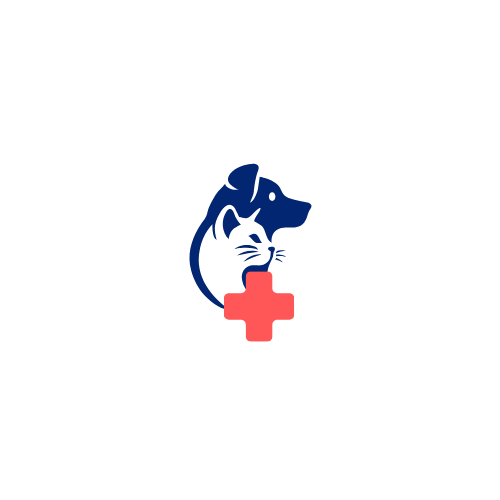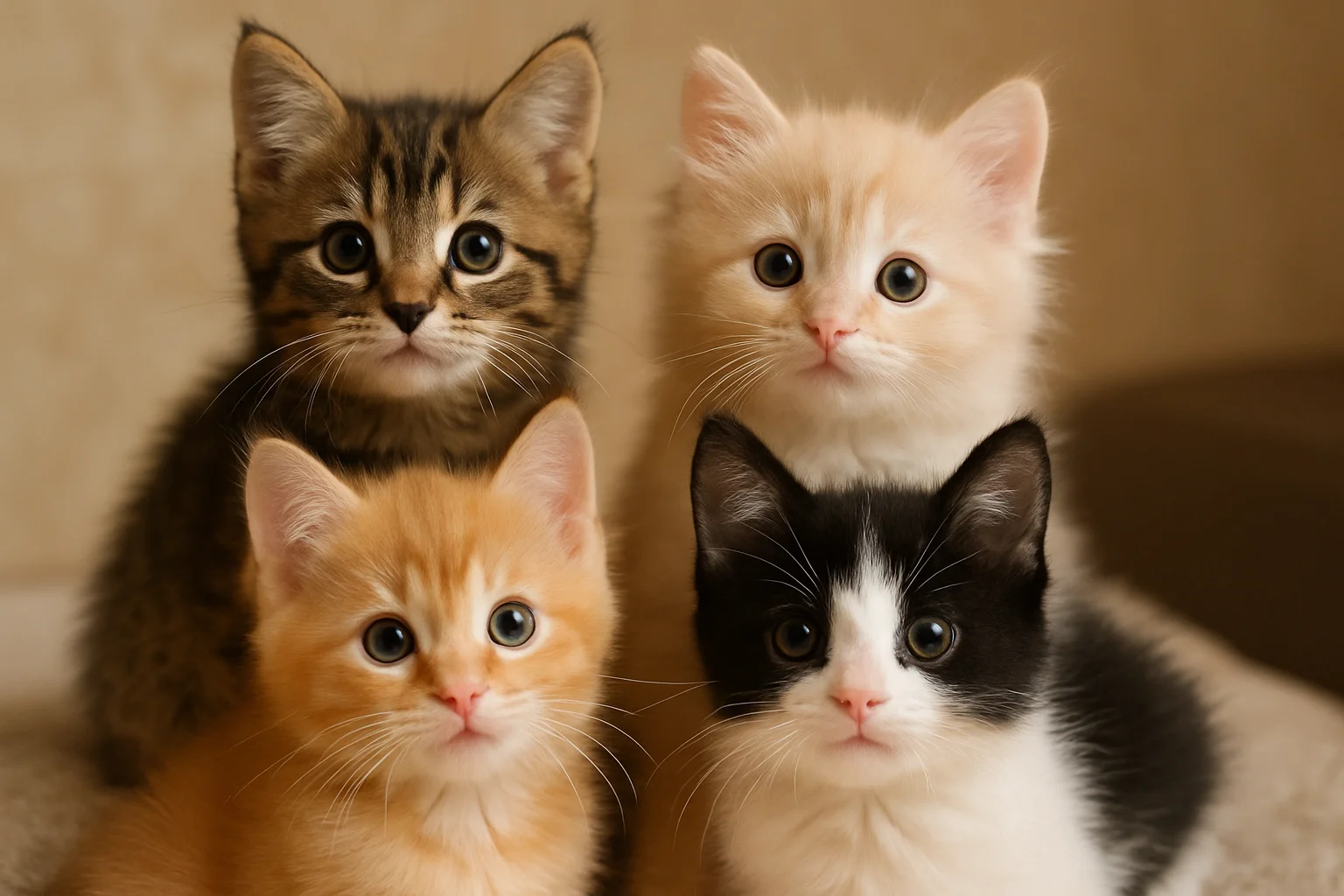
The Importance of Vaccination in Cats
Protecting Your Pet from Silent Threats
Why Are Vaccinations Important?
1. Disease Prevention
Vaccines protect cats from several highly contagious and often fatal diseases like:
-
Feline Panleukopenia (FPV) – a deadly parvovirus causing vomiting, diarrhea, and immune suppression
-
Feline Herpesvirus (FHV-1) and Calicivirus (FCV) – common causes of upper respiratory infections
-
Rabies – a fatal virus with zoonotic risk (can be transmitted to humans)
Without vaccines, even indoor cats are vulnerable to infections brought in on clothing, shoes, or from windows and visitors.
2. Protection Begins Early
Kittens receive some immunity from their mother’s milk, but this fades after a few weeks. Vaccination from 6–8 weeks of age ensures early protection during this vulnerable phase. Boosters reinforce long-term immunity.
3. Public Safety
Diseases like rabies are not only fatal but also a public health concern. In many countries, rabies vaccination is a legal requirement. Vaccinating your cat helps protect your family, community, and other animals.
Core vaccines include:
1. Feline Panleukopenia (FPV)
Also known as: Feline Distemper
-
Cause: Parvovirus
-
Transmission: Direct contact, contaminated environment, or maternal
-
Symptoms: Sudden fever, vomiting, diarrhea, lethargy, low white blood cell count
-
Prognosis: High mortality in kittens without vaccination
-
Prevention: FPV vaccine provides excellent immunity
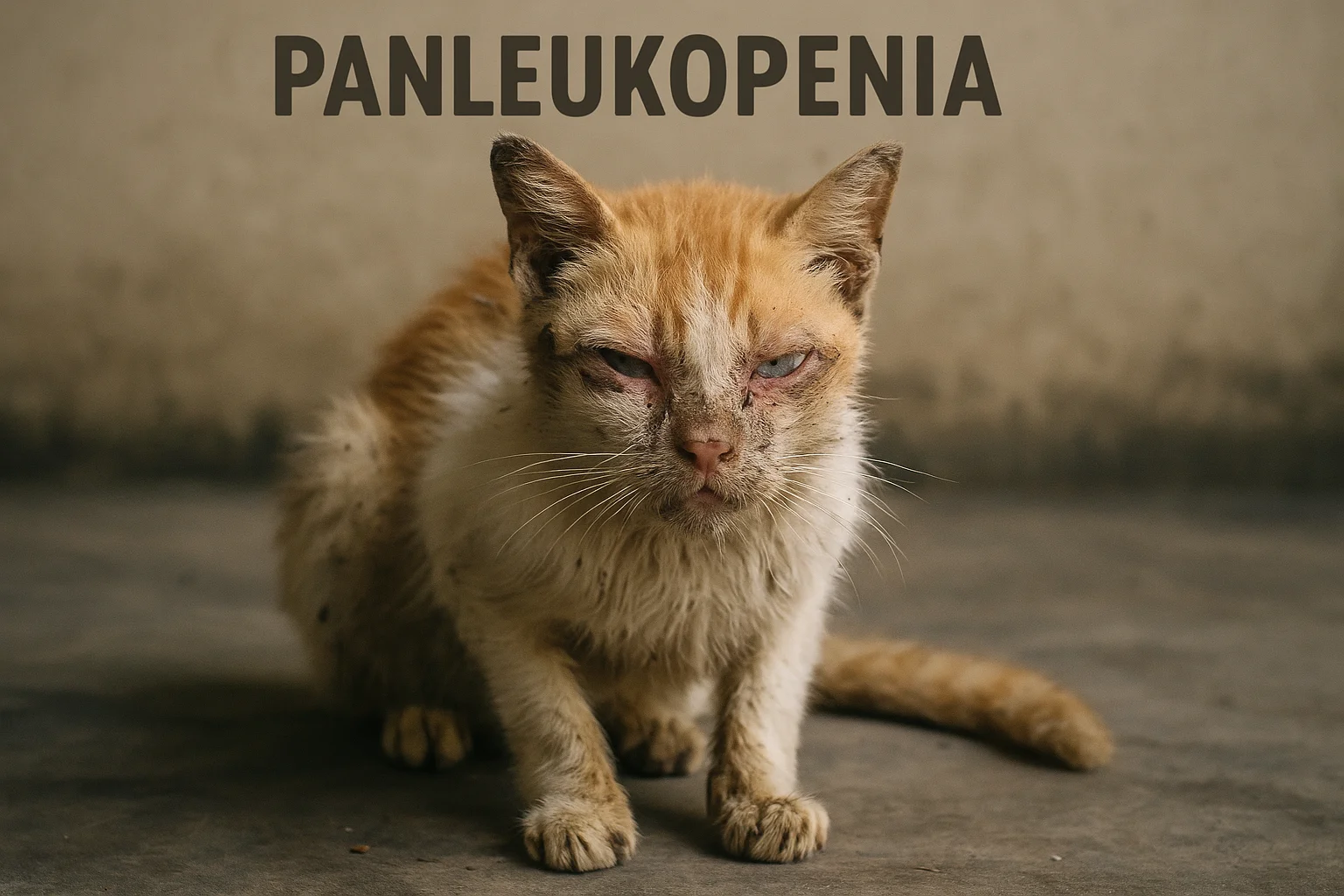
2. Feline Calicivirus (FCV)
-
Cause: Calicivirus
-
Transmission: Saliva, nasal secretions, and aerosols
-
Symptoms: Oral ulcers, sneezing, nasal discharge, fever, lameness
-
Severity: Can range from mild to severe, especially in multi-cat settings
-
Prevention: Part of the core combination vaccine
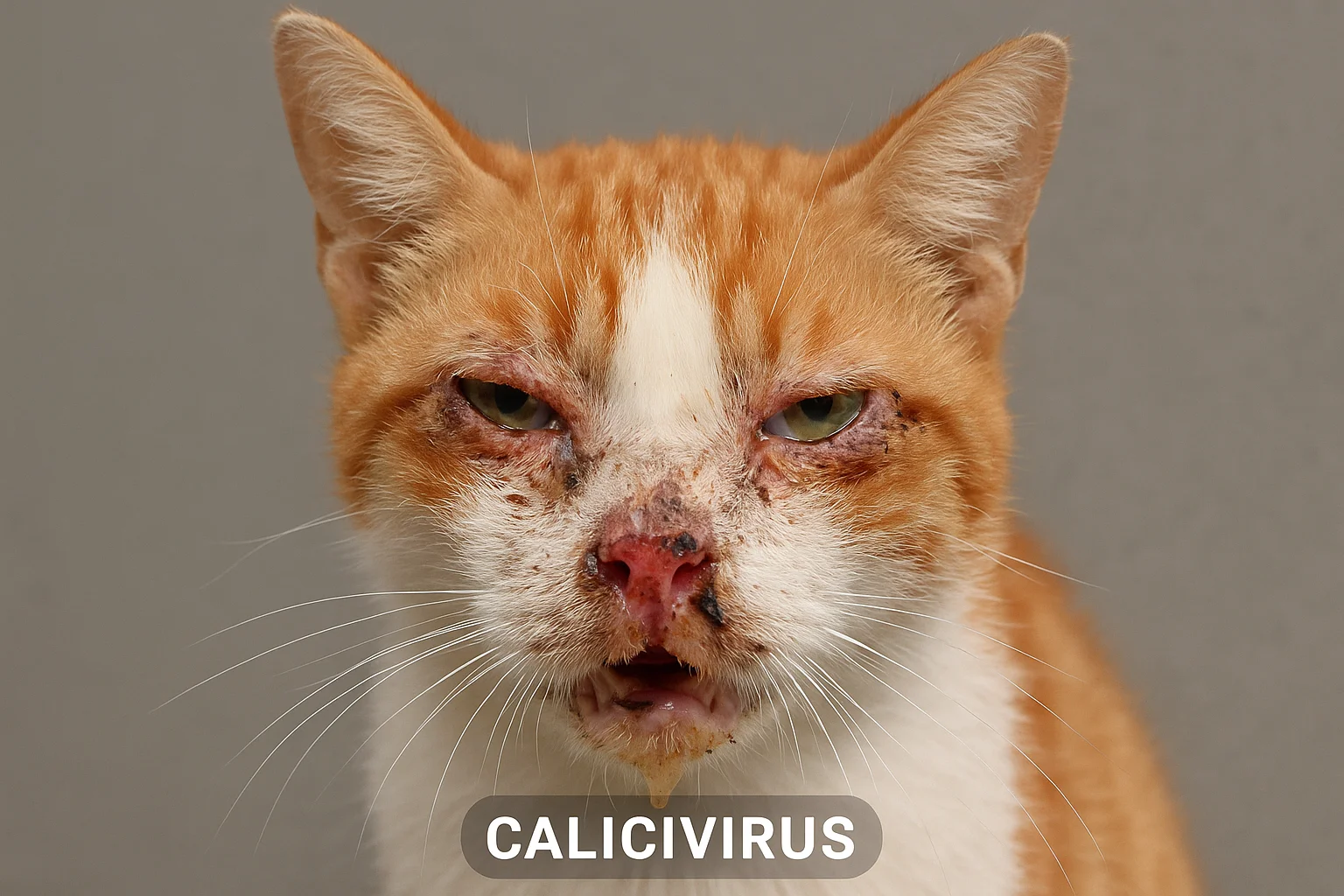
3. Feline Herpesvirus (FHV-1)
Also known as: Feline Viral Rhinotracheitis
-
Cause: Herpesvirus
-
Transmission: Direct contact, aerosol droplets
-
Symptoms: Sneezing, eye/nasal discharge, conjunctivitis, fever
-
Chronic Infections: Virus can remain dormant and reactivate under stress
-
Prevention: Routine vaccination reduces symptom severity and shedding
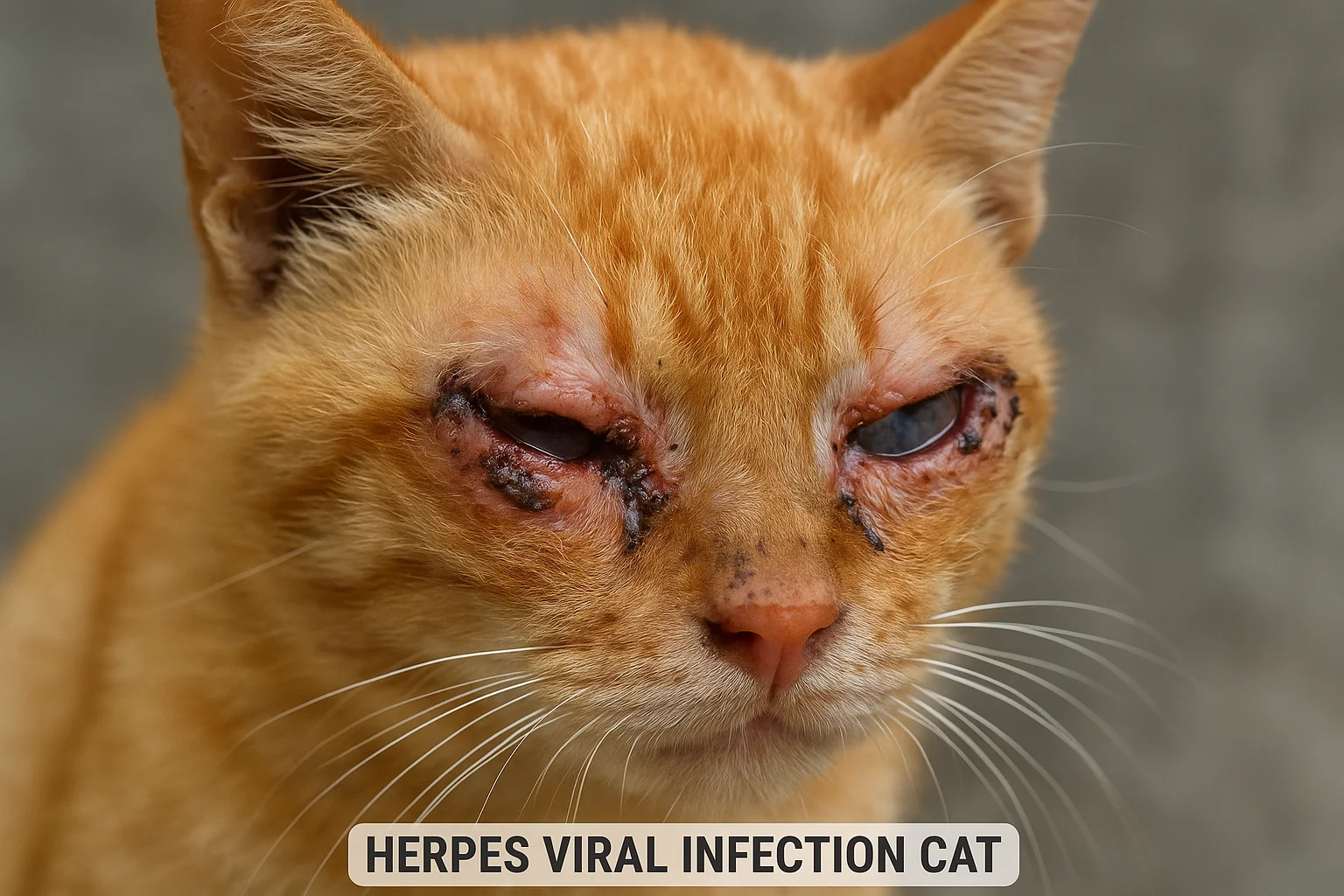
4. Rabies
-
Cause: Rabies virus (affects all warm-blooded animals)
-
Transmission: Bite from an infected animal
-
Symptoms: Neurological signs, aggression, paralysis, death
-
Zoonotic: Fatal and transmissible to humans
-
Legal Requirement: In most regions, rabies vaccination is mandatory
Feline Vaccination Schedule
|
Age |
Vaccine(s) |
|
6–8 weeks |
FPV + FCV + FHV-1 (1st dose) |
|
10–12 weeks |
FPV + FCV + FHV-1 (2nd dose) |
|
14–16 weeks |
FPV + FCV + FHV-1 (3rd dose) + Rabies |
|
1 year |
Booster (all core vaccines) |
|
Every 1–3 yrs |
Boosters as per vet's recommendation |
Feline Vaccination Injection Sites:
In cats, vaccines are administered at specific body locations to help monitor for adverse reactions and ensure safety:
-
Rabies Vaccine: Given in the right hind leg, as low as possible below the knee (distal to stifle).
-
FVRCP Vaccine (Feline Panleukopenia, Calicivirus, Herpesvirus): Injected in the right front leg, below the elbow.
-
FeLV Vaccine (if needed): Administered in the left hind leg, also low on the limb.
These standardized sites help vets easily identify reactions and manage any rare vaccine-associated sarcomas.
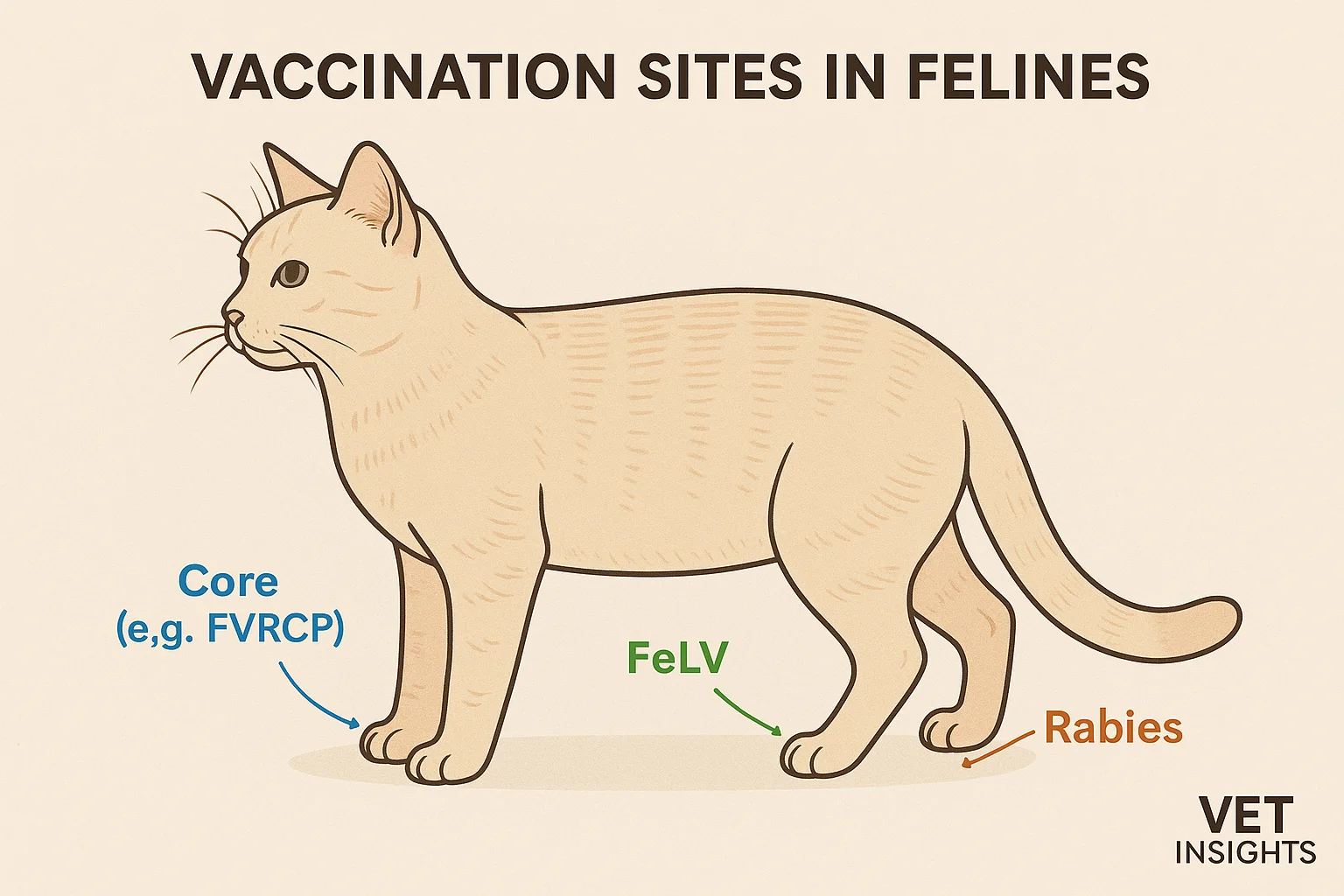
Vaccination Advice for Pet Parents
Vaccinating your cat is one of the most important things you can do to protect their health and prevent serious, potentially fatal diseases.
Why Vaccinate?
-
Protection: Safeguards your cat from fatal illnesses
-
Prevention: Reduces viral spread in community settings
-
Peace of Mind: Avoid costly emergency treatments and prolonged suffering
Follow the Recommended Schedule
-
Kittens: Start at 6–8 weeks with boosters every 3–4 weeks until 16 weeks old.
-
Adults: Annual or triennial boosters based on lifestyle and risk.
-
Keep vaccination records safe and updated.
What to Expect After Vaccination
-
Mild lethargy or soreness is normal.
-
Contact your vet if you notice swelling at the injection site, persistent vomiting, or unusual behavior.
Vet’s Tip:
“Vaccination is not just a health measure—it’s peace of mind for you and lifelong protection for your cat.”
Have a question or concern? Reach out via WhatsApp—we'll get back to you promptly with the care and attention your pet deserves.
